As an Amazon Associate I earn from qualifying purchases. Please read the disclaimer for more info.
Benedictine, crafted from 27 different herbs and spices, is a unique liqueur renowned for its sweet, complex character that adds depth and richness to various recipes, from cocktails to desserts. However, as much as we love it, we also understand that its distinct taste might not be everyone’s cup of tea, or perhaps you’re simply unable to find it in your local stores. That’s why we’ve compiled a list of the 10 Best Substitutes for Benedictine to help you navigate your culinary adventures easily and creatively.
What is Benedictine Liqueur?
Benedictine is a sweet herbal liqueur made with 27 herbs and spices, including angelica root, hyssop, lemon balm, nutmeg, cumin, and cardamom. It was originally created by Benedictine monks in the 19th century as an elixir for digestive ailments.
Despite its medicinal qualities, it is now more commonly used as an ingredient in cocktails and makes for the perfect after-dinner drink.
What does Benedictine taste like?
While the exact recipe for Benedictine is a closely guarded secret, its distinctive flavor can be described as sweet and herbal with notes of citrus, honey, and spices.
10 Best Substitutes for Benedictine
Dom Benedictine B&B
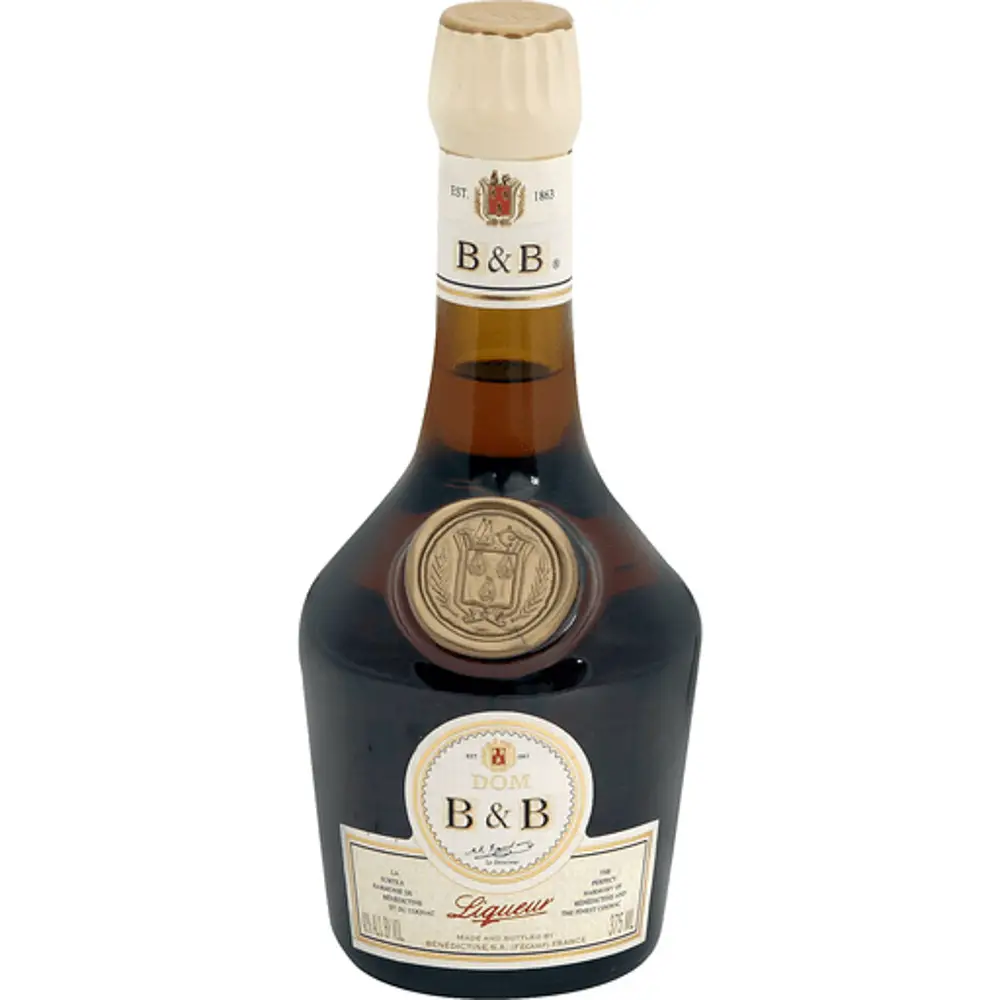
Dom Benedictine B&B is a spectacular Benedictine Liqueur substitute in drink recipes. Made with a blend of Benedictine and Brandy, Dom Benedictine B&B offers a unique twist on the classic spirit.
With its sweet and spicy taste, it boasts a more pronounced aroma and flavor than its predecessor, making it a perfect substitute for crafting flavorful cocktails.
Whether you’re looking to spice up an old recipe or add a layer of complexity to your new favorite concoction, Dom Benedictine B&B will take your drink game to the next level.
So next time you’re in the market for a rich, complex liqueur to add to your drink, consider giving Dom Benedictine B&B a try.
Drambuie
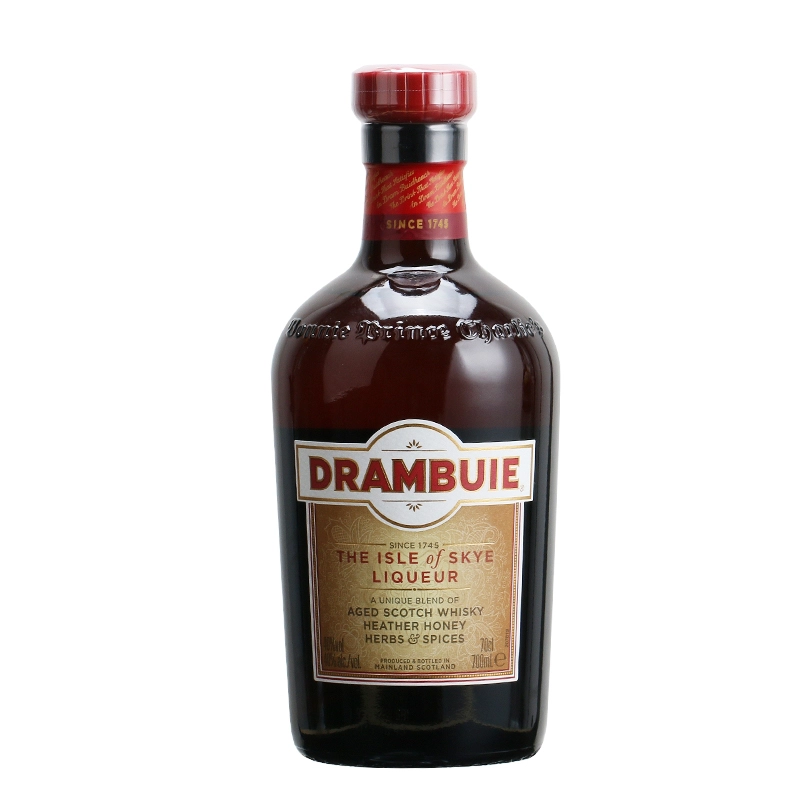
Drambuie, a golden-colored Scottish liqueur, has emerged as an excellent substitute for Benedictine in cocktail recipes.
Created in the early 1700s, Drambuie is known for its unique blend of Scotch whisky, heather honey, herbs, and spices.
It shares a similar flavor profile with Benedictine, adding a nuanced complexity to cocktails while maintaining a delightful balance of sweetness and spice.
For those who enjoy experimenting with their drinks, substituting Benedictine with Drambuie can create a refreshingly different taste.
So, if you’re looking to add a twist to your usual cocktails or simply don’t have Benedictine on hand, Drambuie offers an intriguing alternative that’s worth exploring.
Yellow Chartreuse
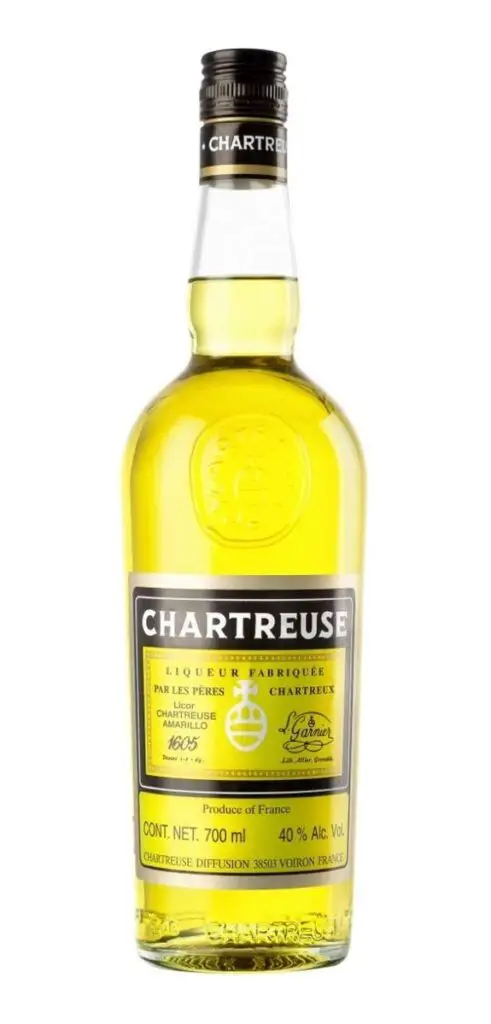
Yellow Chartreuse is another interesting choice as a substitute for Benedictine. Yellow Chartreuse is a French herbal liqueur produced and made by the Carthusian Monks since the 1740s. It’s a unique concoction of 130 herbs, plants, and flowers and has a mellow but complex flavor profile with a distinct sweetness.
While Benedictine, another herbal liqueur, is known for its rich, sweet, and slightly spicy taste, Yellow Chartreuse offers a similar herbaceous profile but with less sweetness. This makes it an excellent Benedictine substitute for those who prefer their cocktails to have a more sophisticated, nuanced flavor.
Imagine enhancing the depth of your favorite Vieux Carré cocktail with Yellow Chartreuse. The result? An outstanding balance of taste that’s both refreshing and tantalizing. The herbaceous and complex notes of Yellow Chartreuse beautifully complement the strong, bold flavors of this classic cocktail, adding an extra layer of intrigue.
Chartreuse Liqueur
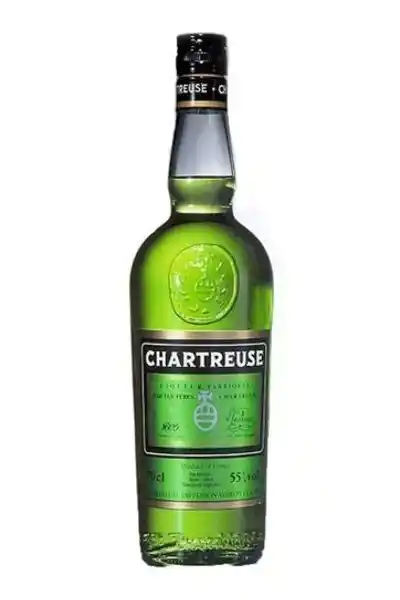
Chartreuse liqueur is a vibrant and versatile French herbal liqueur that makes a great substitute for Benedictine. It can transform your cocktail creations.
Originating from the French Alps and crafted by Carthusian monks, Chartreuse boasts over 130 herbal extracts, offering a symphony of flavors that is truly unparalleled.
While Benedictine is revered for its very sweet flavor, honeyed notes, and rich botanical complexity, Chartreuse stands out with its unique herbaceous character and less sugary profile.
It shares a similar flavor spectrum with Benedictine, making it a suitable substitute, especially for those who seek a touch more sophistication and less sweetness in their cocktails.
Grand Marnier
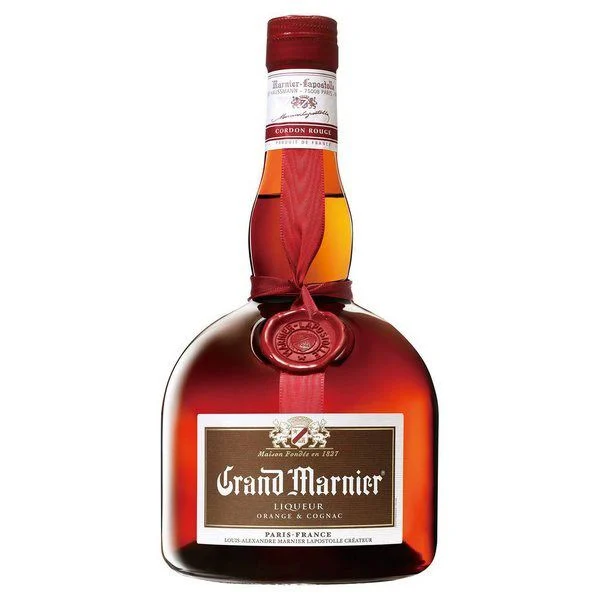
If you’re searching for a splendid Benedictine substitute in your cocktail recipes, look no further than the sophisticated charm of Grand Marnier.
While Benedictine is renowned for its complex blend of 27 plants and spices, giving it a unique, rich, and slightly herbal taste, Grand Marnier offers a different yet equally intriguing flavor profile.
It’s an elegant blend of fine cognacs and distilled essence of tropical oranges with subtle notes of toffee and almonds.
The beauty of Grand Marnier lies in its versatility and robustness. It has a smooth, well-rounded flavor that can seamlessly complement and enhance various cocktails, from classic to contemporary.
Its distinctive orange-cognac base can add a delightful depth and complexity to drinks, making it an excellent substitute for Benedictine.
For instance, consider a classic B&B cocktail, traditionally made with Benedictine. When prepared with Grand Marnier instead, the cocktail takes on a vibrant citrus note, adding a refreshing twist while maintaining the drink’s signature sophistication.
Similarly, in a Vieux Carré cocktail, swapping Benedictine with Grand Marnier can infuse a gentle, fruity undertone, perfectly balancing the strong rye whiskey and sweet vermouth.
In essence, choosing Grand Marnier over Benedictine allows you to experiment with familiar cocktails in new ways, opening up a world of flavors that are simultaneously exciting and comforting.
Cointreau
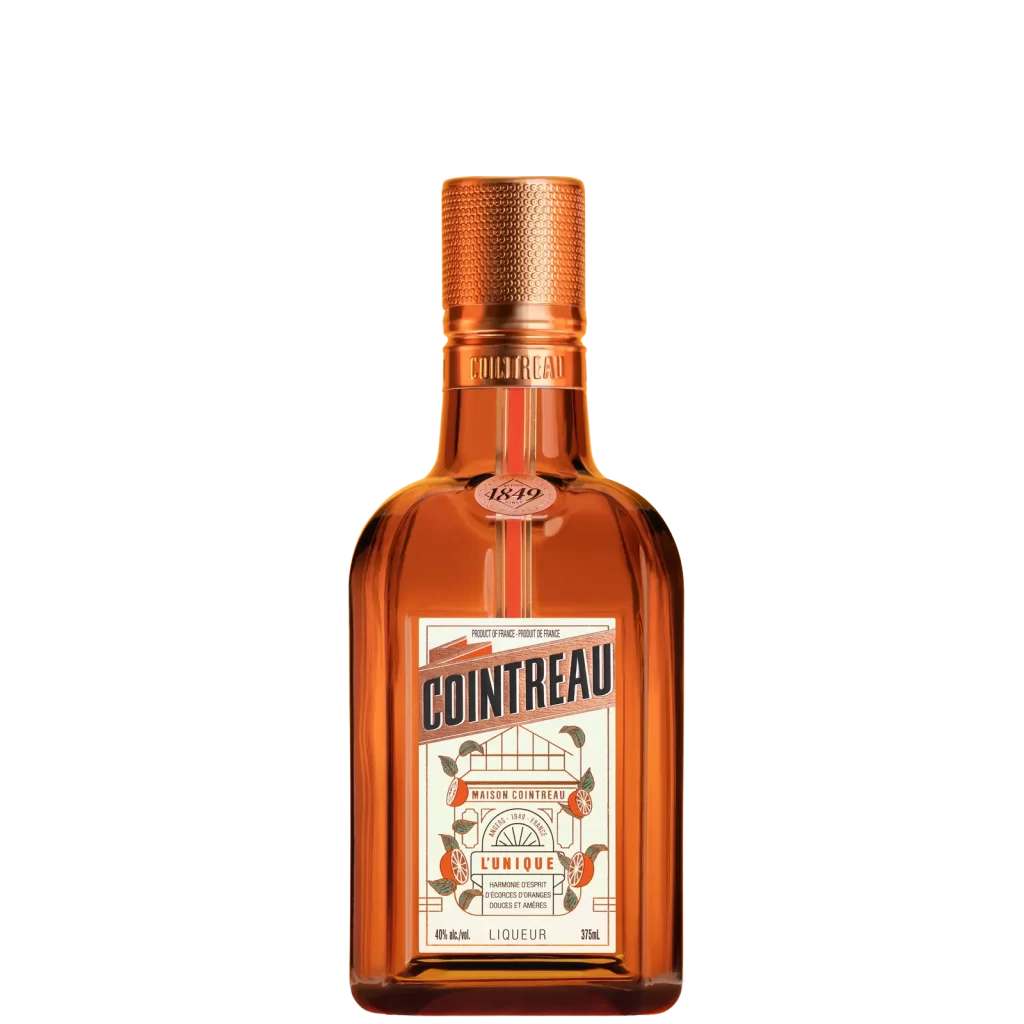
For the cocktail enthusiast, choosing between Cointreau and Benedictine can be a delightful dilemma.
While Benedictine offers a blend of herbal notes with a hint of honey sweetness, Cointreau steps up as an exemplary Benedictine substitute, particularly when you’re seeking to infuse your drink with a zesty citrus twist.
Distilled from a mix of sweet and bitter orange peels, Cointreau boasts a crisp and complex flavor profile that can truly elevate a cocktail’s taste.
Cointreau’s clear color preserves the visual appeal of cocktails, unlike Benedictine’s darker hue which can change a drink’s appearance. Its higher alcohol content (40% compared to Benedictine’s 30%) provides a stronger kick, making it a preferred choice for those who enjoy a potent drink.
In essence, while both have their unique charms, Cointreau’s bright, citrusy flavor and versatility make it an excellent substitute for Benedictine in cocktails, promising a delightful twist to your favorite drink.
Amaro
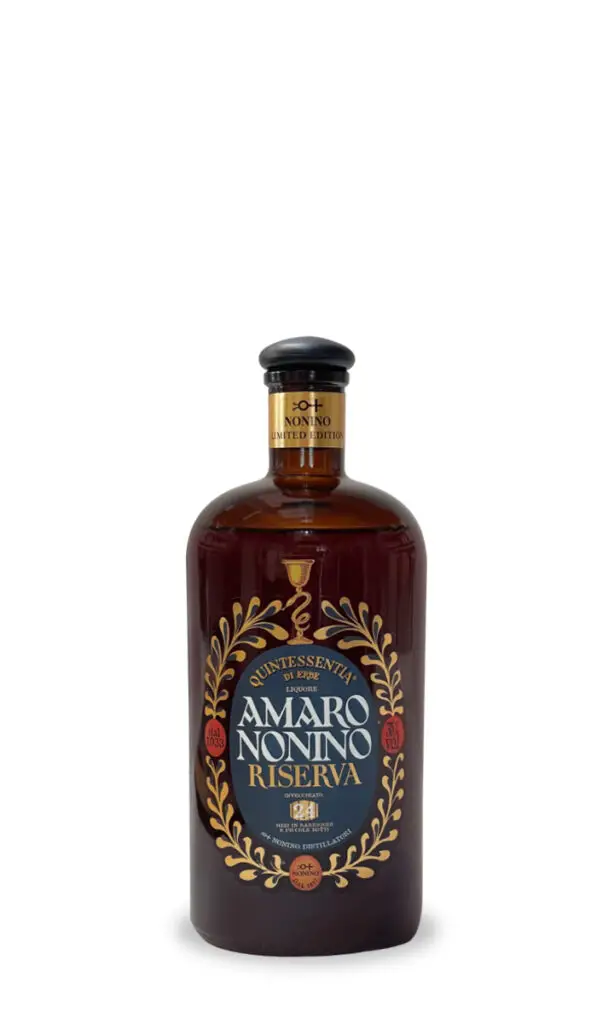
Amaro, a complex and bitter Italian liqueur, may not be as well-known as Benedictine, but it certainly makes a great substitute in drink recipes.
Made with a blend of herbs, roots, and spices, Amaro has a rich and distinctive flavor that adds depth and complexity to cocktails.
Unlike Benedictine, which has a distinct sweetness, Amaro is known for its bitterness and earthy notes. This makes it a great option for those looking to balance out the sweetness of other ingredients in a drink.
Additionally, Amaro comes in various flavors, ranging from citrusy and floral to spicy and more herbal flavors, so it can be easily tailored to fit any recipe.
So next time you’re short on Benedictine, don’t hesitate to reach for a bottle of Amaro to mix up your favorite drink.
Italicus
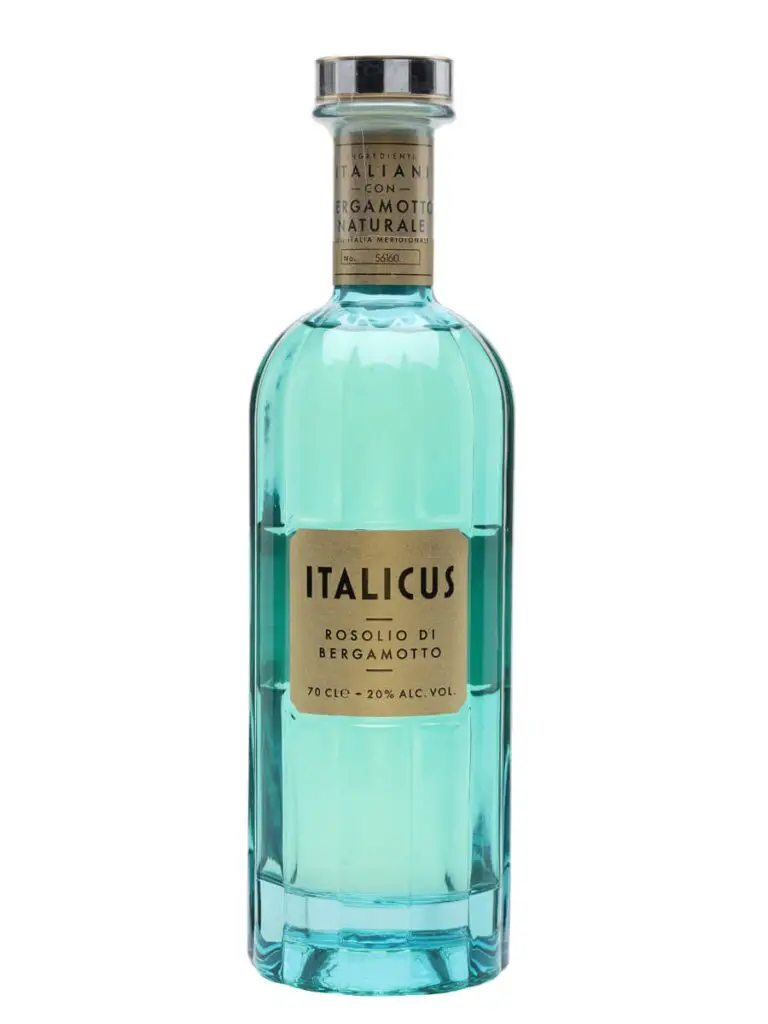
If you’re looking for a fresher, more modern twist for Benedictine, Italicus might be just the thing. This Italian aperitif is made with bergamot, chamomile, and other botanicals, creating a bright, citrusy flavor that plays well with various spirits.
It’s also less sweet than Benedictine, which can make it a better choice for cocktails that already have some added sugar, like a Whiskey Sour or a Margarita.
So next time you’re mixing up drinks at home, try reaching for Italicus instead of Benedictine and see how it can elevate your cocktail game.
Pastis
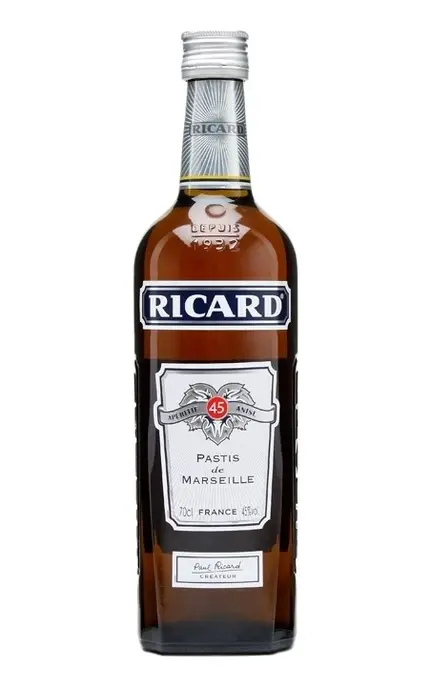
Pastis is an anise-flavored liqueur from France with a sweet, licorice-like taste. It’s often used in classic drinks like the French 75 and the Sazerac but can also be used as a substitute for Benedictine.
While Pastis doesn’t have quite the same herbal flavor profile as Benedictine, its unique anise flavor can be a great addition to any drink.
Moreover, it has a lower alcohol content than Benedictine, making it perfect for those looking for a lighter boozy kick in their cocktails.
So next time you’re mixing up drinks at home and find yourself short on Benedictine, try reaching for one of the herbal liqueurs like Pastis instead and see how it changes your
Jagermeister
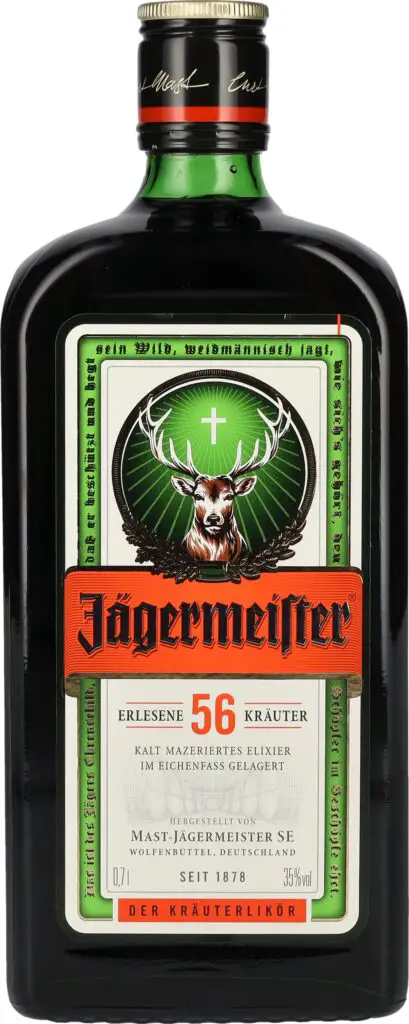
Jägermeister, the popular herbal liqueur hailing from Germany, may not be the first drink that comes to mind when looking for a Benedictine substitute.
However, its complex blend of 56 herbs and spices actually makes it a great replacement.
Jägermeister’s flavor profile includes hints of cinnamon, clove, anise, and even a touch of orange peel – all of which can mimic the unique flavors found in Benedictine.
If you’re in a pinch and looking for an alternative to this French liqueur, Jägermeister can step in and add a similar depth and complexity to your drink recipes. Give it a try and see for yourself!
Summary
When mixing drinks, having the right ingredients is essential. Benedictine is a popular liqueur that can add complexity and depth to cocktails, desserts, and even savory dishes , but plenty of great Benedictine substitutes are available if you’re looking for something different.
Dom Benedictine B&B is a great substitute with an intense aroma and flavor. Drambuie, Yellow Chartreuse, Chartreuse Liqueur, Cointreau, Amaro, and Italicus are all great alternatives that can provide a very unique taste and twist to any drink.
With so many choices available, experimenting with different liqueurs will surely bring some fun and flavor to your next cocktail. So grab your shaker and get creative!
FAQ
Yes, Chartreuse Liqueur is slightly stronger than Benedictine. It has a higher alcohol content, and its unique flavor profile makes it a great choice for experimenting with cocktails.
You can enjoy Benedictine on its own, as a shot, or in various cocktails. It’s a great ingredient to mix into sweet and sour concoctions, like the Singapore Sling or the Sidecar. Alternatively, it can be served over ice with tonic water for a refreshing summer drink with its sweet and spicy flavor.
Herbal liqueurs are alcoholic beverages made with a blend of herbs, spices, fruits, and other botanicals that give them their unique flavor. Common examples include Jägermeister, Drambuie, and Chartreuse Liqueur. They are often used as substitutes for Benedictine in cocktails due to the complexity and depth of the flavors they impart on drinks.

